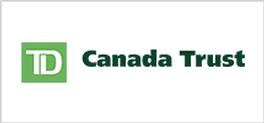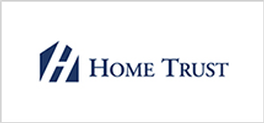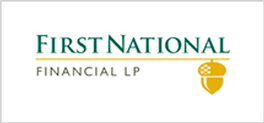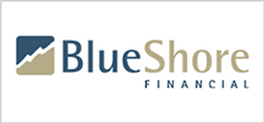Personalised Mortgages Tailored for Real Estate Investors
Whether you're a seasoned investor looking to expand your portfolio or a first-time investor exploring opportunities in the Canadian real estate market, Boychuk Mortgage Group is committed to providing tailored financing solutions that align with your investment goals. We understand the significance of real estate as a vehicle for financial growth and security, and we are here to support you every step of the way.


Investing in real estate offers numerous advantages that make it a preferred choice for many Canadians. Over the past five decades, Canadian real estate has demonstrated consistent appreciation, presenting investors with opportunities to build wealth through capital gains. Additionally, real estate provides reliable rental income, tax benefits such as deductions on mortgage interest and property taxes, and serves as a tangible asset that diversifies investment portfolios and shields against market volatility. Whether you aim to generate passive income through rental properties or capitalise on property appreciation, real estate offers a robust platform for achieving long-term financial objectives.

Real estate investing encompasses a range of strategies tailored to meet varying investor preferences and goals. From acquiring residential rental properties to venturing into commercial real estate or engaging in fix-and-flip projects, each strategy presents unique opportunities and challenges. At Boychuk Mortgage Group, we understand these nuances and offer specialised financing solutions designed to support your chosen investment strategy. Whether you're looking to purchase your first rental property or expand into commercial real estate, our team is equipped to provide expert guidance and customised financing options that cater to your specific needs.
Navigating the complexities of real estate investing requires a strategic approach and informed decision-making. At Boychuk Mortgage Group, we leverage our extensive experience and industry knowledge to empower investors with the information and resources needed to make sound investment decisions. Our commitment to transparency, personalised service, and comprehensive support ensures that you have the confidence and clarity to pursue your real estate investment goals effectively. Whether you're evaluating investment opportunities, securing financing, or managing your investment portfolio, Boychuk Mortgage Group is here to help you navigate the dynamic Canadian real estate market with confidence and success.

















